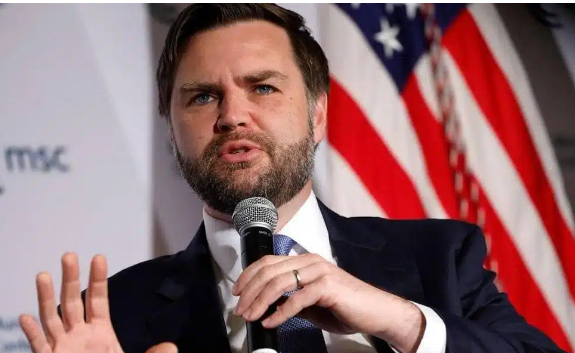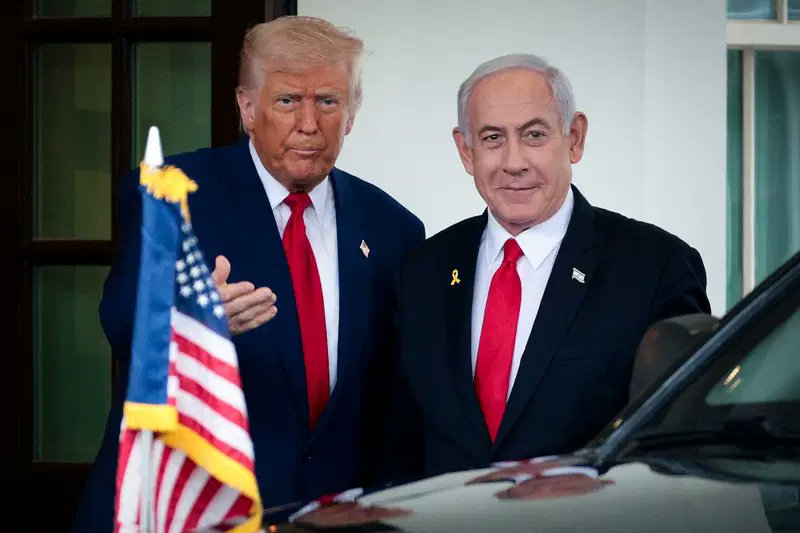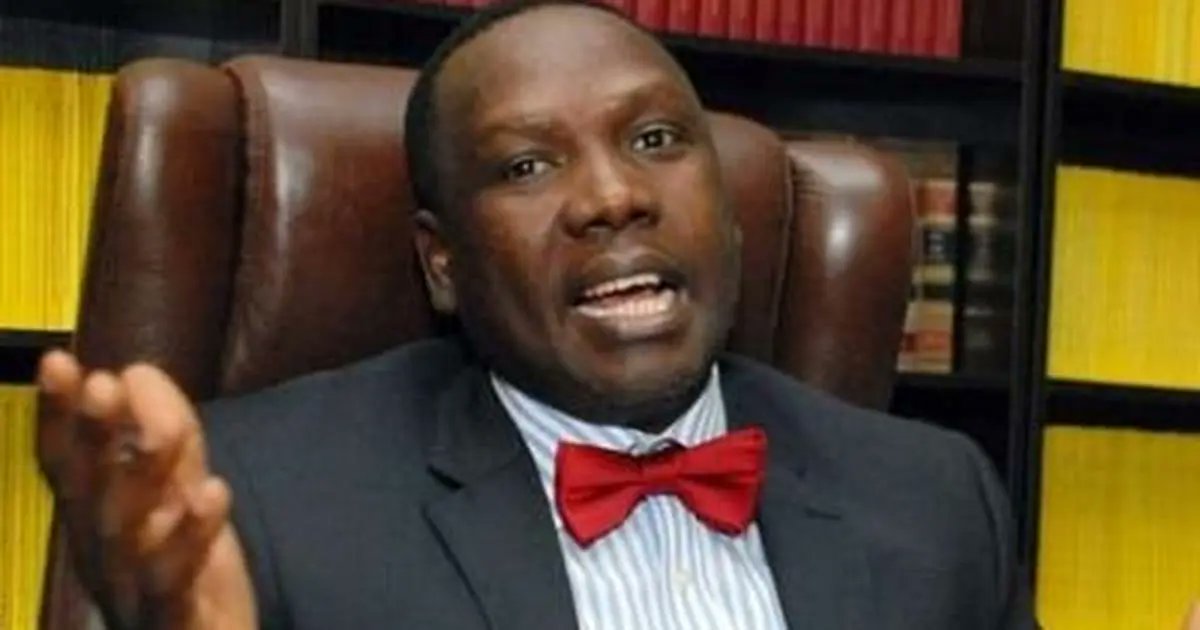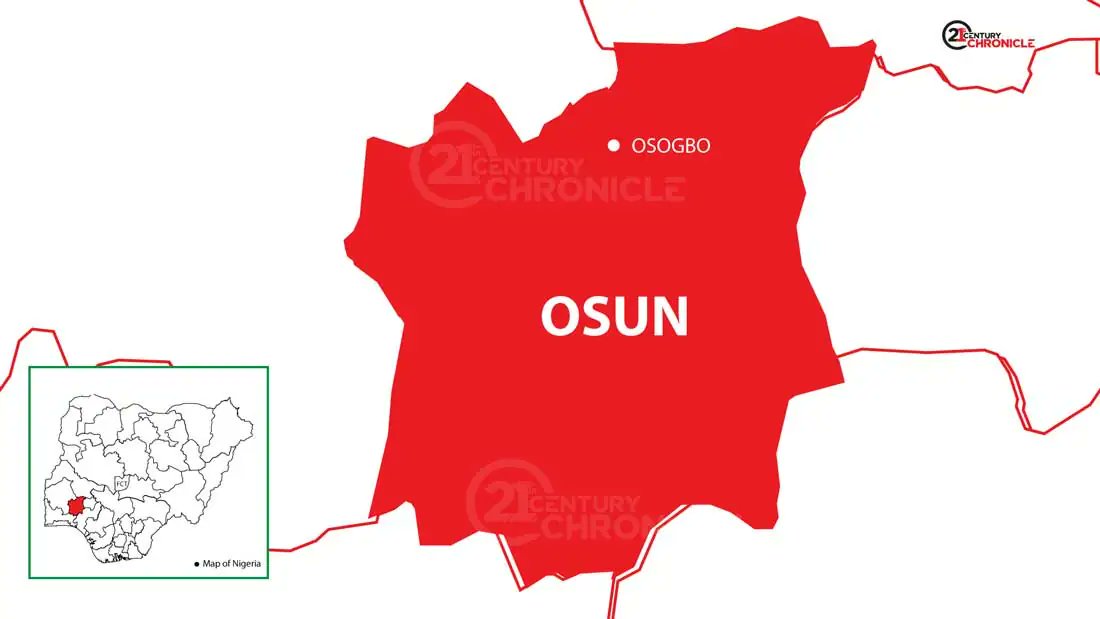
“Not a War, But a Warning”: JD Vance Breaks Silence on U.S. Strikes Against Iran’s Nuclear Program

In a dramatic turn of global events that has left the international community holding its breath, U.S. Vice President JD Vance issued a bold statement on Sunday, June 22, 2025, following the series of precision airstrikes conducted by the United States on Iranian soil. Contrary to the whirlwind of speculation ignited by the operation, Vance made it clear: the United States is not at war with Iran — at least, not in the traditional sense. Instead, the Vice President said, the U.S. has launched a calculated offensive against Iran’s nuclear infrastructure, and not the nation itself.
“We’re not at war with Iran. We’re at war with Iran’s nuclear program,” Vance said during an exclusive interview on ABC’s This Week. His words, deliberate and forceful, echo the tense atmosphere building in the Middle East and around the world. The statement followed U.S. President Donald Trump’s nationally televised address late Saturday night, during which he claimed the strikes had “completely and totally obliterated” several key nuclear enrichment sites, including the notorious Fordo nuclear facility buried deep beneath Iran’s mountains.
As images of plumes rising over once-secret nuclear facilities flooded news feeds and Iranian state TV aired vows of resilience, global leaders scrambled to understand the scope and consequences of America’s latest military maneuver. Vance, seemingly unmoved by the rhetoric emerging from Tehran, doubled down on the administration’s message: this was not a strike for conquest or regime change — it was a precise mission with one singular aim.
“That was the objective of the mission — to destroy that Fordo nuclear site and, of course, do some damage to the other sites as well,” Vance explained. “We feel very confident that the Fordo nuclear site was substantially set back, and that was our goal.”
In Washington, the White House is hailing the mission as a strategic success. But while Vance spoke with calm assurance, he carefully sidestepped declaring complete victory. The Vice President admitted that assessments of the damage were still underway but expressed strong confidence that Iran’s ability to produce a nuclear weapon had been significantly crippled — if not entirely dismantled.
“Whether it’s years or beyond that, we know it’s going to be a very long time before Iran can even build a nuclear weapon if they want to,” he asserted. His statement seemed aimed at reassuring an anxious American public and jittery allies, particularly in the Gulf and Europe, that the threat had been contained — for now.
Iran’s response, however, remains the looming shadow over Vance’s carefully worded assurances. The question on every analyst's mind is: what will Tehran do next?
When asked directly about the potential for Iranian retaliation, Vance offered a stern warning. “If Iran decides to expand this, then that’s ultimately their decision. The President of the United States will respond in kind.” The phrasing was unmistakable: the U.S. believes it has acted with precision and restraint, but it is fully prepared for escalation if provoked.
Yet, amidst the fire and fury, there was also a softer, more diplomatic undertone. Vance made it clear that regime change in Tehran is not part of the U.S. plan. “Regime change is not our goal,” he said firmly. “Our only objective is to eliminate Iran’s nuclear program.”
That line alone marks a significant shift in tone from previous administrations. For years, tensions between the U.S. and Iran have been punctuated by mutual accusations, proxy skirmishes, and political grandstanding. But this time, the Biden-Trump coalition government appears unified in narrowing its focus: nuclear disarmament, not political overhaul.
Still, critics have raised serious concerns. International law experts are debating whether the strikes violated sovereign rights. Democratic lawmakers have called for urgent congressional hearings, citing lack of prior consultation. Humanitarian organizations fear that rising tensions could spark a broader regional conflict, especially given Iran’s alliances with armed militias in Iraq, Lebanon, and Yemen. Israel, meanwhile, remains on high alert, having already intercepted several drone threats in the hours following the U.S. strikes.
In Tehran, defiant statements have been issued, but the full extent of Iran’s retaliatory plans remains unclear. Iranian President Ebrahim Raisi, addressing the nation Sunday afternoon, called the strikes “a cowardly act of aggression” and vowed that Iran “will not be bullied into submission.” The Iranian Revolutionary Guard Corps (IRGC) has reportedly been placed on high alert, and satellite images show increased military activity near key border regions.
Back in Washington, the administration is already looking ahead. Vance said the U.S. plans to engage in diplomatic discussions with European and Middle Eastern allies to address Iran’s remaining stockpile of highly enriched uranium. “The administration is taking the matter seriously and plans to address it through discussions and strategic planning in the coming weeks,” he noted.
The implications of the strikes reach far beyond the borders of Iran. Oil prices have spiked, stock markets dipped, and global shipping routes through the Strait of Hormuz — a critical artery for the world’s oil supply — are under watch. While Vance’s statements aim to cool the fire of war-talk, the global financial system is already showing signs of anxiety.
As the dust begins to settle — literally and figuratively — the world is left to wrestle with one pressing truth: the United States has sent a message, and not just to Iran. It has drawn a line, not in the sand, but in reinforced concrete and uranium traces. The message is that nuclear proliferation, especially in the hands of adversaries, will not be tolerated — and action, not just diplomacy, is on the table.
For now, the world watches. The missiles have fallen. The statements have been made. And everyone, from Washington to Tehran, is holding their breath to see who speaks next — and what they’ll say.
As Vice President JD Vance closed his interview, his final words were less of a declaration and more of a chilling reminder: “This wasn’t about war. This was about stopping one before it starts.”


